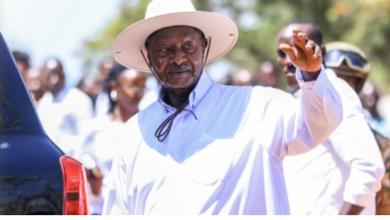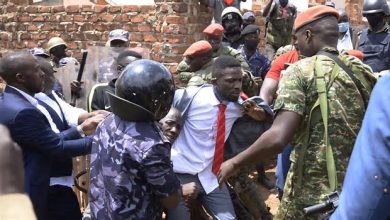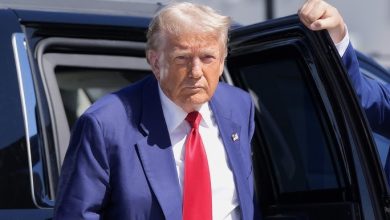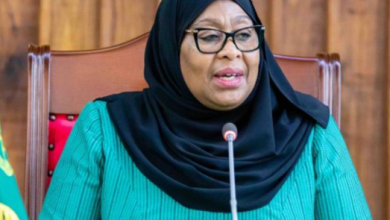Guinea-Bissau military seizes power, halts electoral process, closes borders
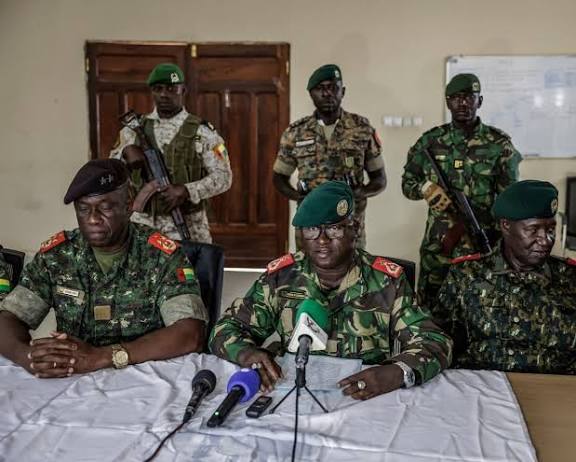
Guinea-Bissau was thrown into fresh turmoil on Wednesday after senior military officers declared that they had assumed “total control” of the country, suspending all electoral activities and shutting national borders just days after tense presidential and legislative elections.
The announcement came amid heavy gunfire around the presidential palace in Bissau, a stark reminder of the nation’s long-standing fragility and history of military interventions.
Speaking at a press briefing inside the armed forces headquarters, Brigadier General Denis N’Canha, the head of the presidential military office, said a joint military command representing all branches of the armed forces had taken over governance “until further notice.”
Flanked by armed soldiers, N’Canha alleged that intelligence operatives had uncovered a plot by “national drug barons” to destabilise the state and manipulate the post-election environment.
He announced the immediate suspension of the electoral process, the freezing of all media programming, and the imposition of a nationwide curfew.
A senior military source told AFP that incumbent President Umaro Sissoco Embalo, widely seen as a frontrunner before the polls, was inside a building near military headquarters alongside the chief of staff and the interior minister.
It remained unclear whether Embalo was being protected or detained.
Both Embalo and leading opposition candidate Fernando Dias had already claimed victory in Sunday’s presidential contest ahead of the expected release of provisional results on Thursday.
The West African nation, one of the poorest in the world, has a troubled history of coups and attempted coups, experiencing four successful military takeovers since gaining independence from Portugal in 1974.
Tensions were already high ahead of the 2025 vote after the PAIGC, the country’s historically dominant party, and its candidate Domingos Simões Pereira were excluded from the ballot by a Supreme Court ruling that cited late submission of documents.
Opposition groups denounced the exclusion as political manipulation.
In 2023, President Embalo dissolved the opposition-controlled parliament and has governed by decree ever since, deepening mistrust between political factions.
Authorities confirmed Wednesday that the National Electoral Commission (CNE) headquarters came under attack by unidentified armed men.
CNE spokesperson Abdourahmane Djalo told AFP that electoral materials were damaged, heightening fears of broader unrest.
More than 6,780 security personnel, including members of the ECOWAS Stabilisation Force, had been deployed for the elections and the tense period that followed.
Their presence did little to prevent Wednesday’s power shift, the latest in a cycle of instability that has crippled governance in the country.
Beyond political volatility, Guinea-Bissau is known as a major transit point for cocaine trafficked between Latin America and Europe, an illicit trade often fueled by the country’s weak institutions and frequent upheavals.
As of Wednesday evening, borders remained closed, the military maintained its curfew order, and the fate of the electoral process — as well as the country’s leadership hung in the balance.
